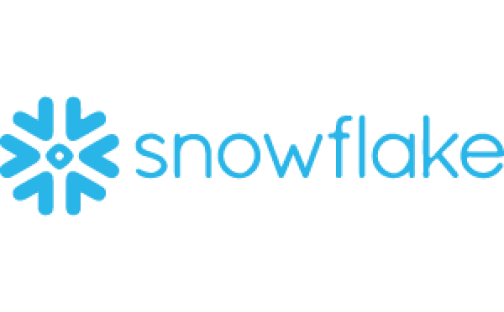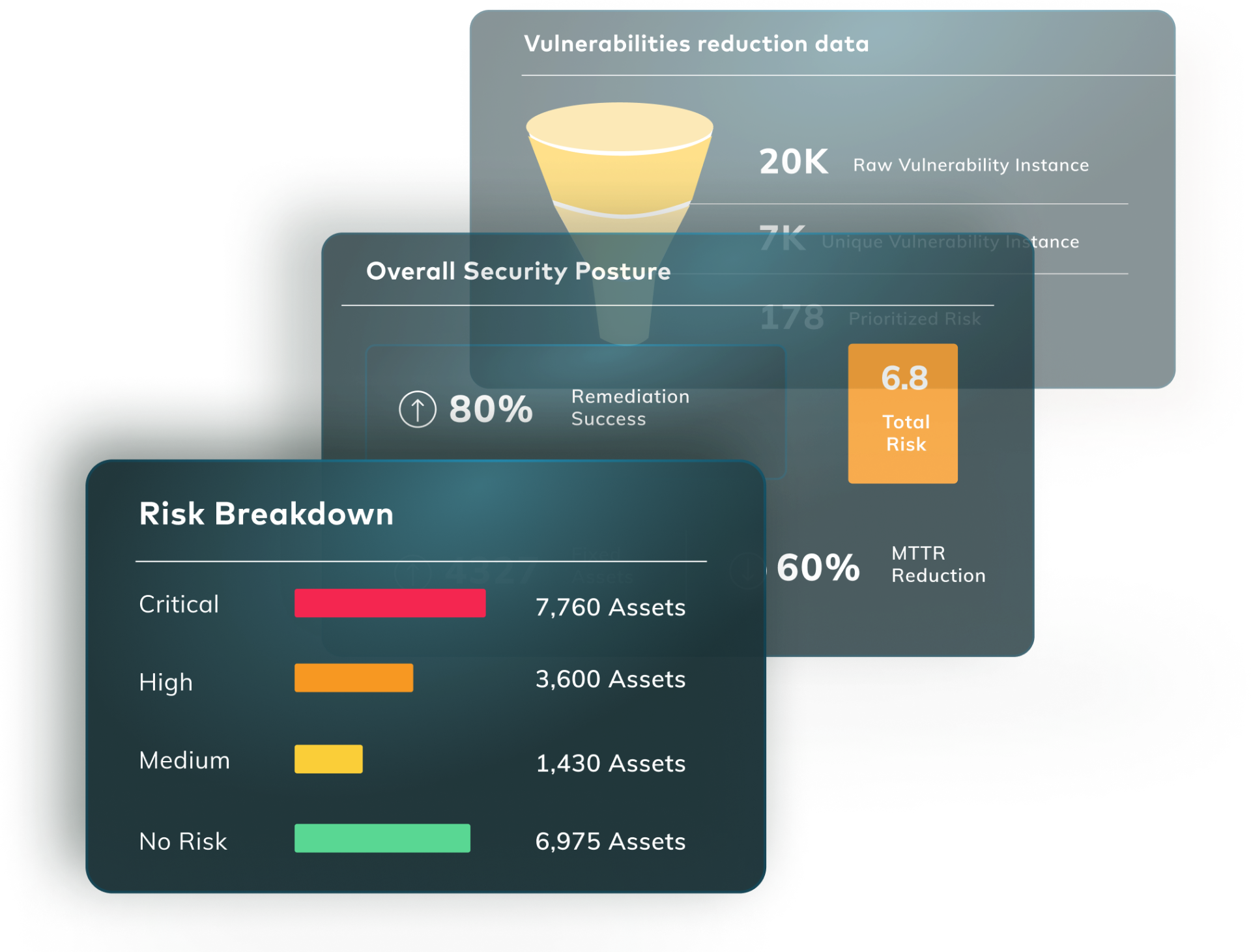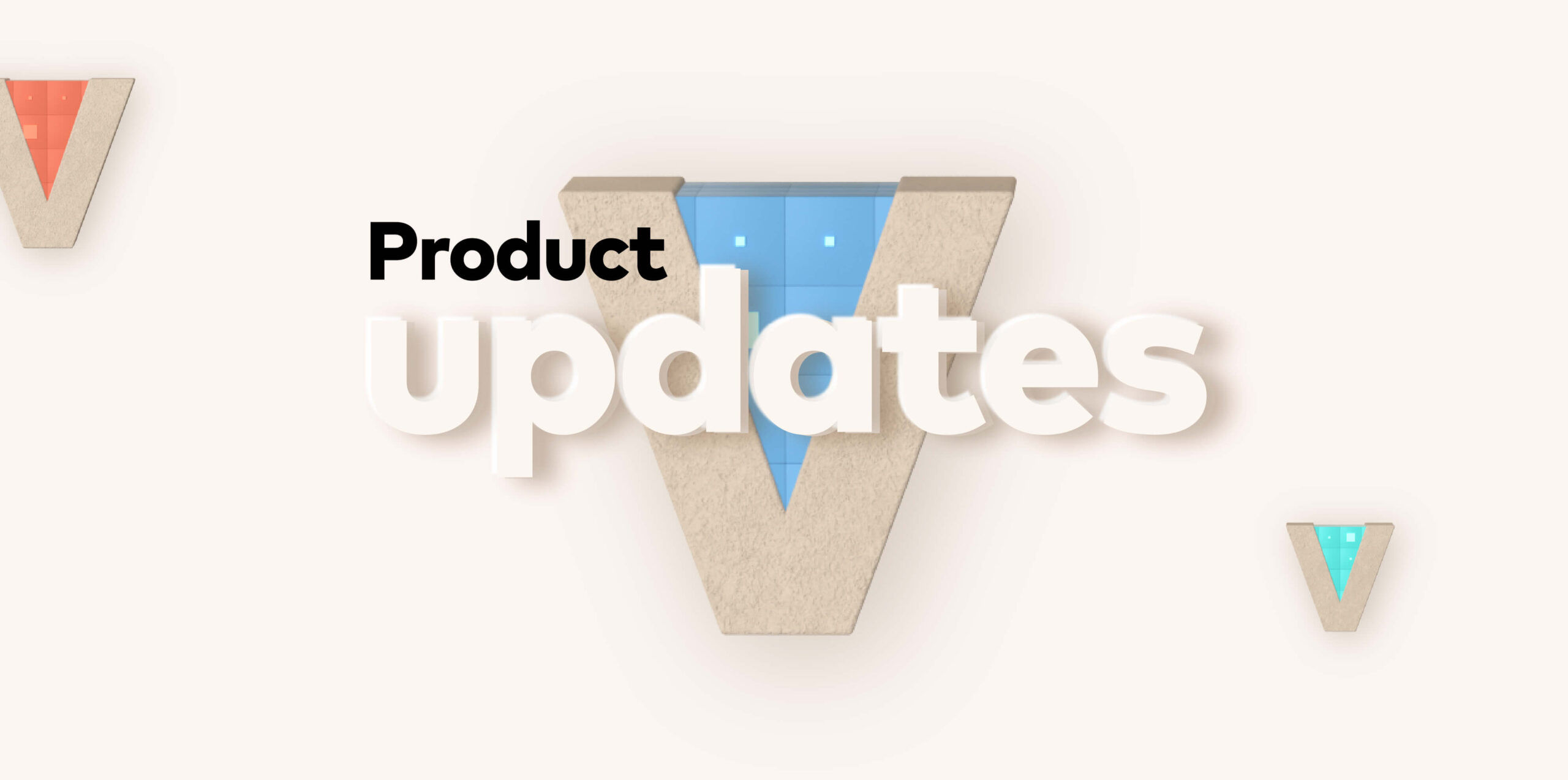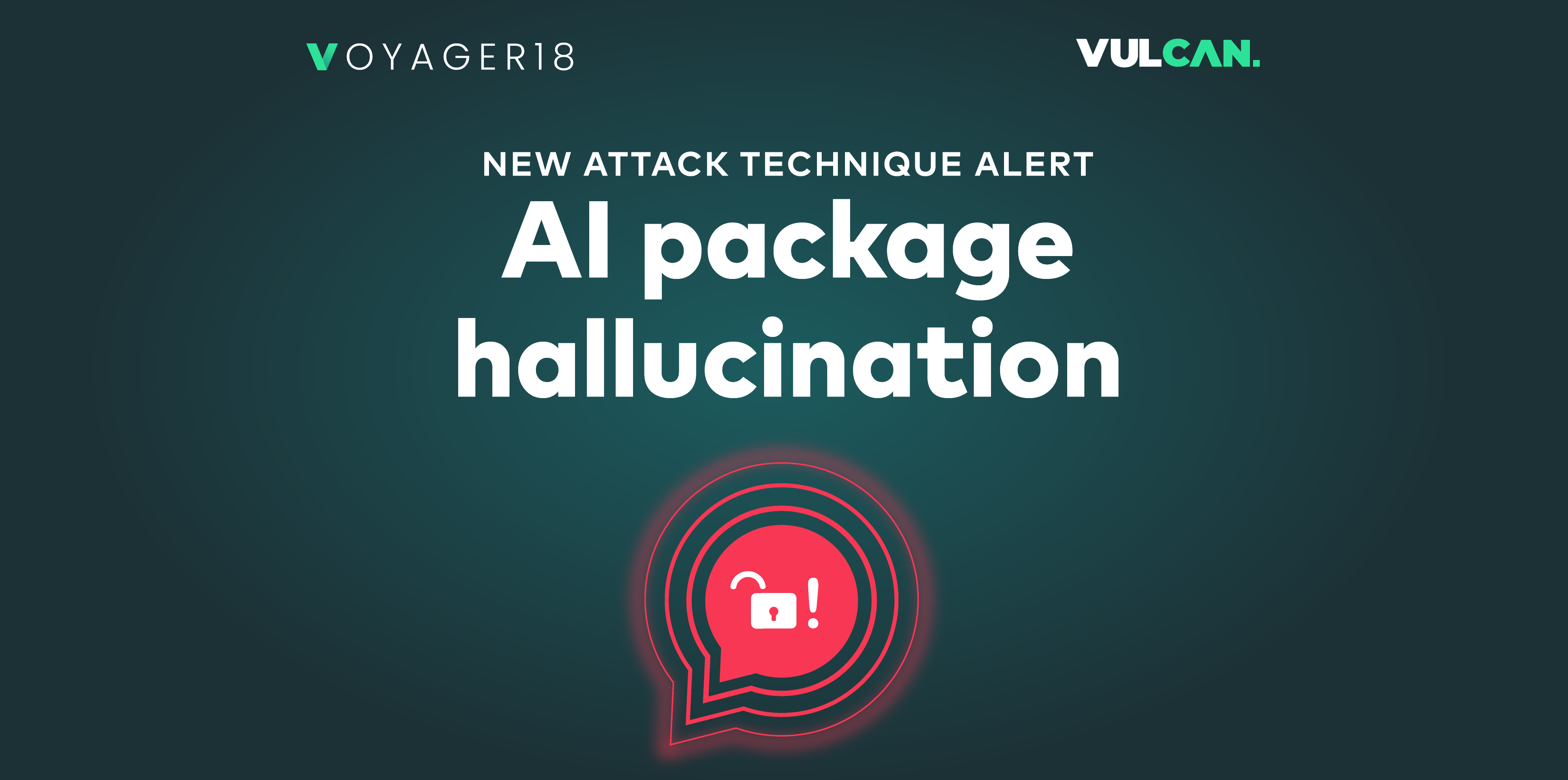In today’s complex regulatory environment, tech organizations must consider the costs and overlaps of governance requirements. Listed below are 9 of the top data security compliance frameworks that businesses need to know today.
- GDPR: The GDPR is a European Union regulation but applies to any company or entity interacting with the EU or EU citizens. The GDPR focuses primarily on protecting consumers’ personal data and applies to all significant best-practice security areas, making it a crucial document for organizations to understand to safely and ethically conduct business.
- CCPA: The California Consumer Protection Act grants California consumers control over their personal information, data privacy rights, as well as the right to delete and opt-out of selling personal information to businesses.
- PCI DSS: The Payment Card Industry Data Security Standard is a regulatory standard developed by credit card companies to protect the privacy of consumer financial data. The PCI DSS applies to any organization that processes or stores credit card data.
- HIPAA: The Health Insurance Portability and Accountability Act sets various standards regarding health data. Namely, HIPAA sets standards for creating, storing, and transmitting protected health information.
- FISMA: The National Institute of Standards and Technology has developed a six-step Risk Management Framework to enable agencies to comply with FISMA or The Federal Information Security Management Act.
- SOX: The Sarbanes-Oxley Act keeps the public safe from corporate fraud and misrepresentation.
- GLBA: Protects the privacy of personal information, safety of internet-based products and services, and fair and accurate transactions. Requires companies to ensure accuracy and safety in all aspects of monetary transactions.
- Breach Laws in the US: Breach Laws in the United States focus on protecting consumer privacy and require companies to pay attention to all security areas.
- FedRAMP: The Federal Risk and Authorization Management Program is a regulatory compliance framework that applies to federal agencies in the United States. If your organization works with federal government agencies to process data, FedRAMP requirements must be considered.
In today’s cybersecurity space, companies must make their data secure and accessible within an organization to ensure that proper compliance is achieved. To achieve this, companies can employ vulnerability scanners to identify threats and weaknesses in their network. Vulcan then integrates with vulnerability scanners to provide your organization with detailed, customizable analytics to improve and ensure security and compliance. Visit Vulcan today to learn how you can get fix done and keep your company in line with data security compliance standards.









